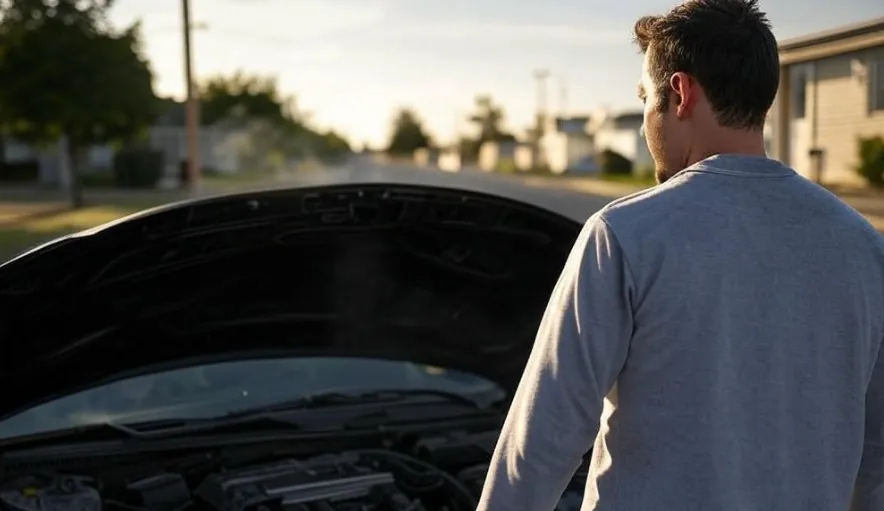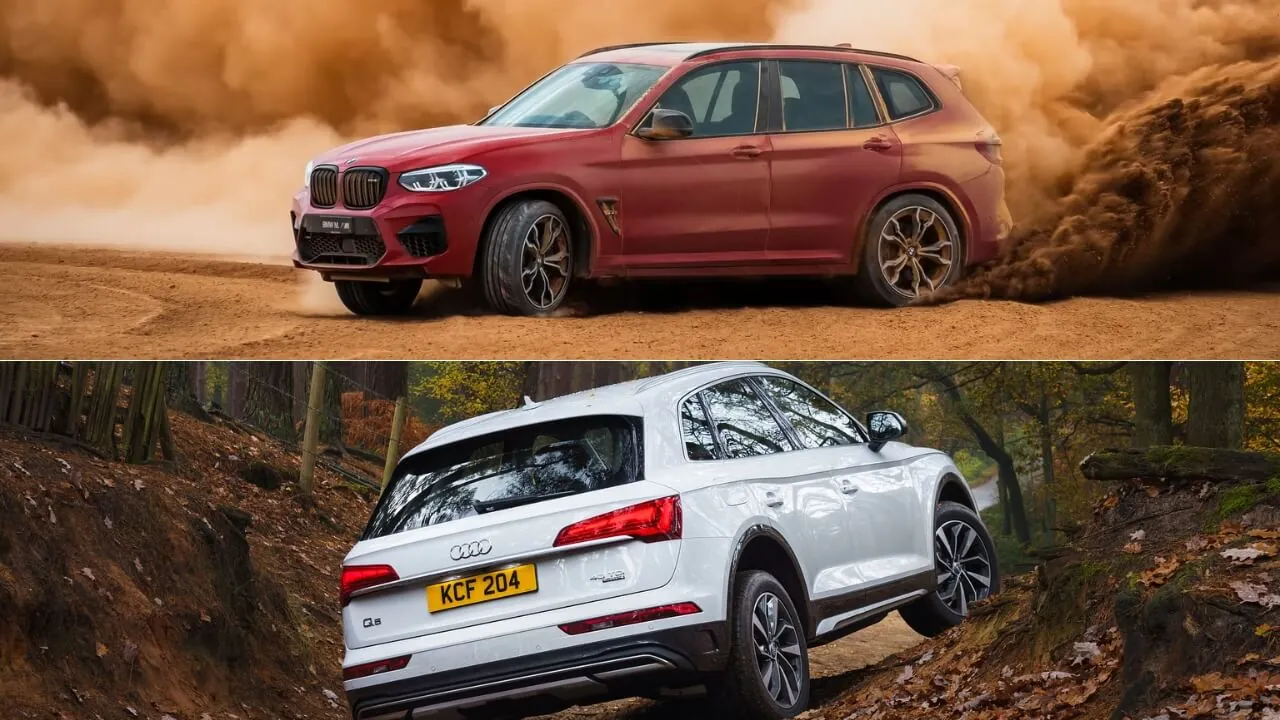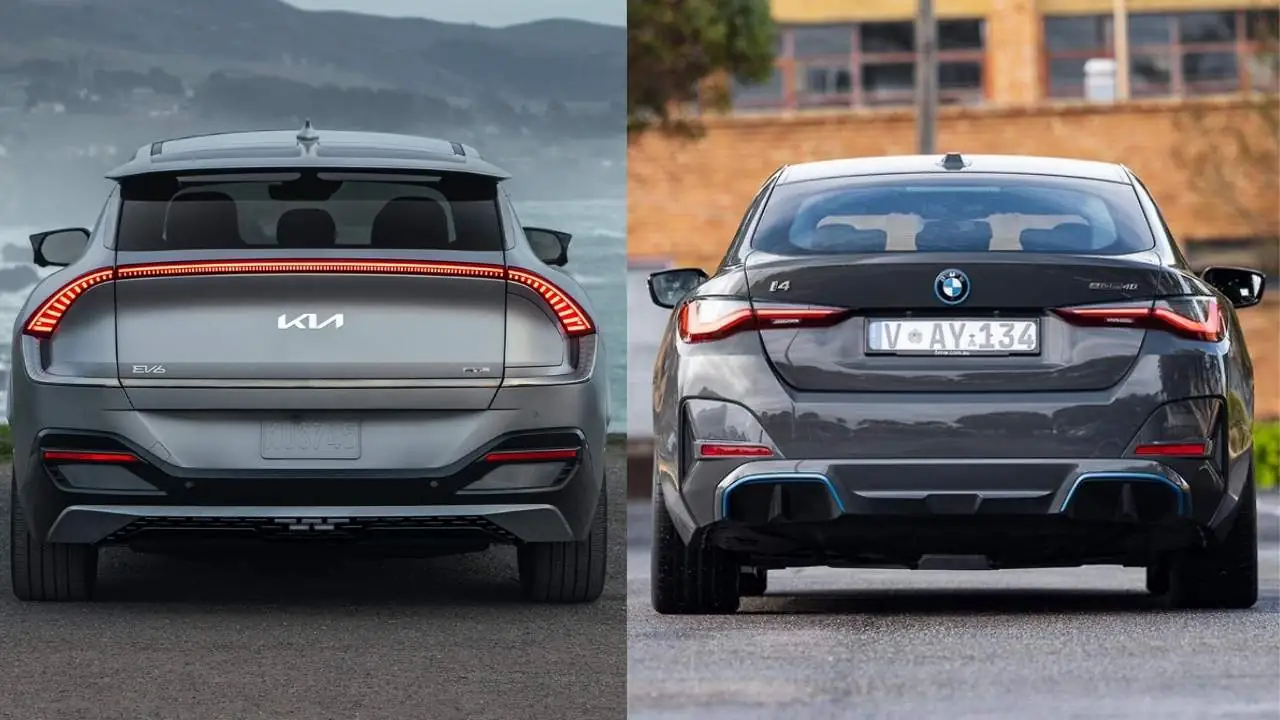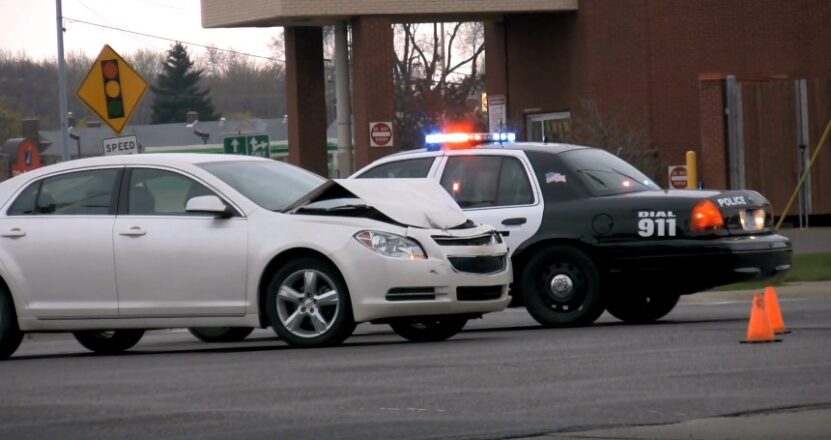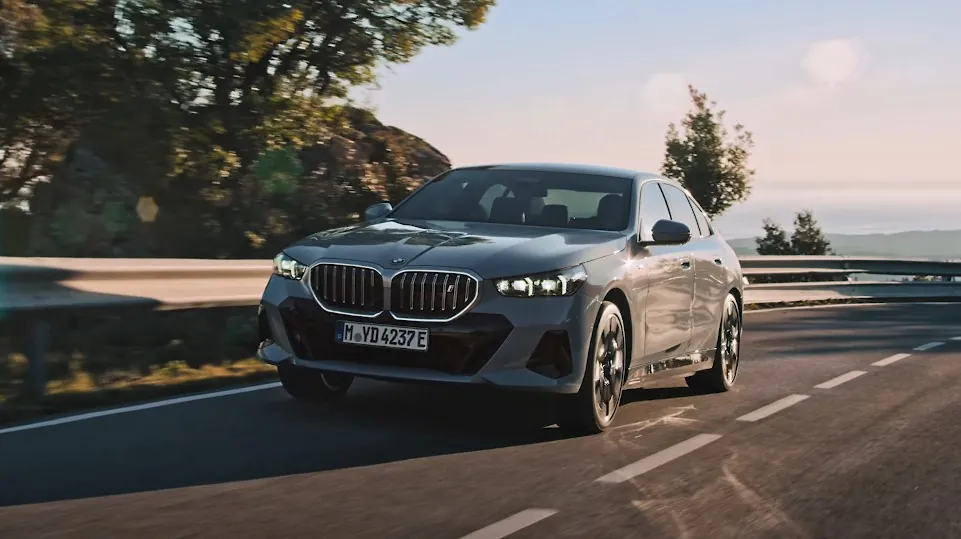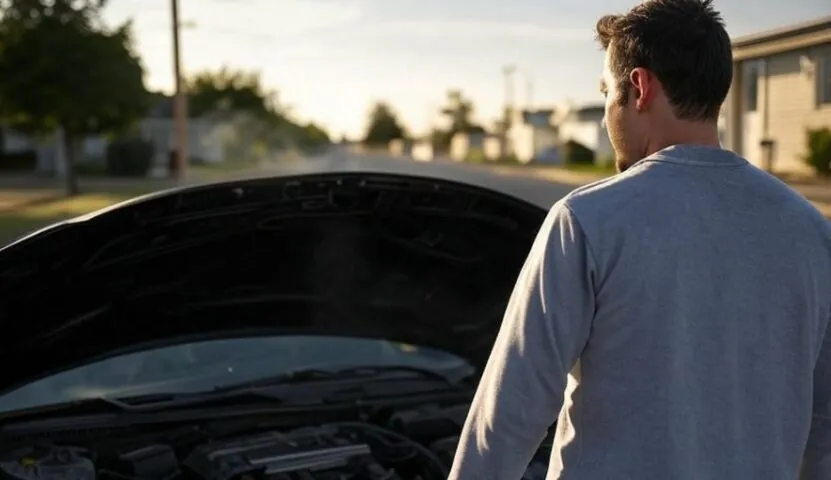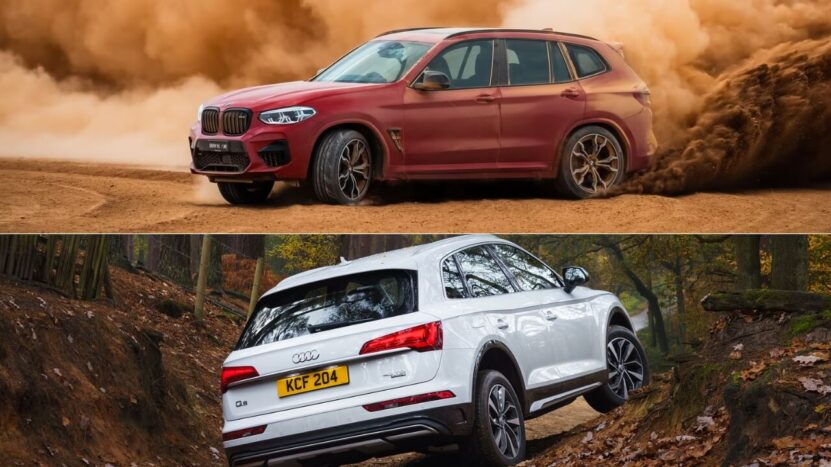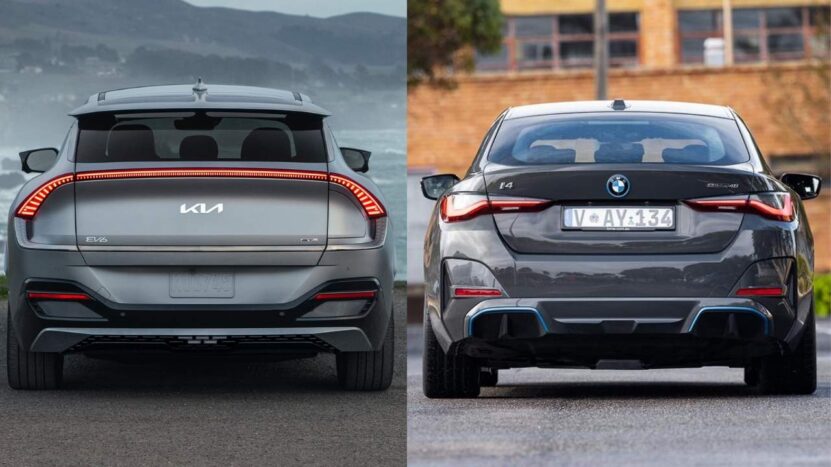
Share Post:
Buying a car without a license may sound impossible, but legal ownership of a vehicle does not require a valid driver’s license in most cases.
People often assume that having a license is a requirement for purchasing a vehicle, but that’s not always the case.
State laws typically allow car purchases without a license, though complications can arise when trying to register or insure the vehicle.
Clarifying the process can help avoid confusion and prepare for any potential roadblocks.
Reasons for Buying a Car Without a License
Several situations may lead someone to buy a car even though they lack a valid license.
Ownership of a vehicle is separate from the ability to drive it, which allows flexibility for those in specific circumstances.
Purchasing a car without a license is more common than most people think, especially in cases where the buyer is not the intended driver.
Gifting

Buying a car as a gift is a common reason for purchasing without a license. A parent might buy a car for a teenager who just earned a license or for a spouse or family member who needs a new vehicle.
Ownership paperwork can be handled without a license, and the recipient can register and insure the car in their name once the transfer is complete.
- Parental gifts – Parents often buy cars for teenage children once they pass their driving test.
- Special occasions – Cars are sometimes gifted for milestone events like graduations or anniversaries.
- Family support – Purchasing a vehicle for a family member who needs reliable transportation but cannot afford it.
Caregiver or Personal Driver

Some individuals purchase a car for use by a caregiver or personal driver. Mobility and independence can be important even if the owner cannot drive the car themselves.
In such cases, the caregiver or driver would be listed as the primary driver on the insurance policy, but the vehicle would still be registered under the buyer’s name.
- Medical or physical limitations – Individuals with health issues or disabilities often require a personal driver.
- Senior care – Elderly individuals may buy a car for a caregiver to use for medical appointments and errands.
- Lifestyle convenience – Having a personal driver allows greater flexibility for work, travel, and social commitments.
Learning to Drive
Planning to learn how to drive often motivates people to buy a car in advance. Having a car ready to use for driving lessons or practice sessions can make the learning process more accessible.
A learner’s permit or provisional license may be needed for this purpose, but ownership of the car itself does not require a full license.
- Teen drivers – Parents often buy a car for their teenager to practice on.
- Driver’s education – Some driving schools allow students to use their cars for lessons.
- Building confidence – Having access to a personal vehicle allows new drivers to gain experience more comfortably.
Business Use

Businesses frequently purchase vehicles for fleet use, delivery, or employee transportation. The company, not the individual, would hold the title and register the vehicle.
An employee or designated driver with a valid license would handle the driving responsibilities.
- Fleet vehicles – Delivery services, taxi companies, and ride-sharing businesses often require large vehicle inventories.
- Employee transportation – Companies may purchase cars for employee travel, especially for sales or fieldwork.
- Branding and advertising – Company cars are sometimes used for promotional purposes, with logos and branding applied to the exterior.
Car Collection
Car collectors may buy vehicles for display, restoration, or investment purposes rather than for driving.
Ownership and titling processes typically allow this type of purchase without requiring a license since the cars are not intended for road use.
- Classic cars – Collectors often seek out vintage or rare models for display or restoration.
- Non-operational vehicles – Some collectors purchase cars strictly for exhibition or part harvesting.
- Investment potential – Rare models and limited-edition cars can appreciate over time.
Buying a car without a license is often motivated by practical reasons rather than the need to drive.
Strategic planning ensures that insurance, registration, and usage remain compliant with state laws.
Challenges and Solutions
Buying a car without a license introduces some practical challenges, but solutions are available in most cases. Several steps can help navigate issues related to test driving, transportation, financing, and registration.
Careful planning and working with the right people can make the process more straightforward.
Test Driving
Test driving is one of the first major hurdles when buying a car without a license. Most dealerships require a valid driver’s license to take a car out for a test drive due to insurance policies and liability concerns.
Without a license, alternatives are available to evaluate the car’s condition and performance. Asking someone with a valid license to conduct a test drive is often the easiest solution.
They can provide feedback on how the car drives, how responsive the brakes are, and whether the steering feels comfortable.
Some dealerships allow a sales representative or employee to drive the car with the potential buyer in the passenger seat. Some independent automotive services offer professional test drives for those unable to drive themselves. A professional driver can test the car and report on its performance and condition.
While not a direct substitute for a test drive, detailed reviews and performance reports can provide insights into the car’s handling, comfort, and reliability.

Transporting the Vehicle
Once the car is purchased, getting it home or to a storage location presents another challenge for an unlicensed owner. Since driving without a license is illegal, arrangements must be made to have the car legally transported.
- Have a licensed driver pick up the car – A friend, family member, or trusted person with a valid driver’s license can legally drive the car home.
- Use a dealership delivery service – Many dealerships offer delivery services, especially for new cars.
- Hire a tow truck or transport service – Professional car transport services can pick up and deliver the vehicle to the desired location.
- Use a flatbed service – Flatbed services specialize in transporting cars and are ideal for long-distance moves or higher-end vehicles that require extra protection during transport.
- Temporary driver service – Some professional driver services allow customers to hire a licensed driver for short-term transport.
Dealing with Legal and Insurance Concerns

Ownership and insurance requirements can create additional hurdles. Some insurance providers require the listed owner to have a valid license, while others allow an unlicensed owner to designate a primary driver.
- Consult the dealership on title transfer procedures – Some states require the car’s title to be transferred under the name of a licensed individual, while others allow the registered owner and primary driver to be separate people.
- Secure insurance coverage with a primary driver – An unlicensed owner can still insure the vehicle by listing a licensed individual as the primary driver. The named driver must meet the insurer’s qualifications to ensure proper coverage.
- Review state registration requirements – Each state sets its own registration rules. Some states may require a license for registration, while others only need proof of insurance and ownership.
- Add a co-owner with a valid license – If the state requires a license for registration, adding a licensed co-owner can simplify the process and avoid potential roadblocks.
- Set up a power of attorney for legal purposes – A trusted individual with power of attorney can handle registration, insurance, and title transfer on behalf of an unlicensed owner if local regulations permit.
Strategic planning and working with experienced professionals can eliminate most issues tied to licensing and ownership.
Financing, Insurance, and Registration Without a License
Securing financing, insurance, and registration without a license requires extra steps, but it’s often manageable with the right documentation and planning.
Proper preparation can help avoid unnecessary complications and delays during the process.
Financing

Financing a car without a license is possible, but lenders may impose additional requirements to approve the loan. Identification and proof of responsible driving arrangements are typically necessary to secure financing.
- State-issued ID
- Passport
- Military ID
- Permanent resident card
Pre-approval through online lenders:
- Some online lenders offer pre-approval without requiring a license.
- Pre-approval allows the buyer to understand loan terms and interest rates before visiting a dealership.
Co-Signer Requirements:
- Lenders may require a licensed co-signer for added security.
- The co-signer accepts financial responsibility for the loan if the primary borrower defaults.
- Having a co-signer with strong credit can also help secure better loan terms.
Proof of Responsible Use:
- Some lenders request proof that a licensed driver will operate the vehicle.
- A caregiver or family member may need to provide a copy of their license.
Financing without a license often depends on the lender’s internal policies, but flexibility exists for buyers with proper identification and a reliable driver arrangement.
Insurance
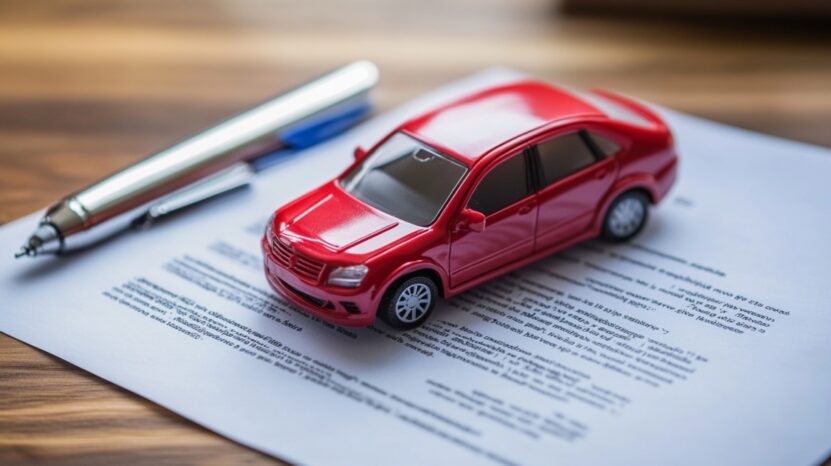
Insurance coverage is possible without a license, but the owner cannot be listed as the primary driver if they lack a valid license.
A licensed driver must be named on the policy to meet the insurance company’s requirements.
- The licensed driver listed as the primary driver must reside in the same household or have regular access to the vehicle.
- Spouses, parents, adult children, or caregivers are common choices.
Named Insured Status:
- The unlicensed owner is still listed as the policyholder.
- Insurance coverage applies to the primary driver, not the unlicensed owner.
- If the unlicensed owner attempts to drive the vehicle, the insurance company may refuse to cover damages.
Exclusion Clauses:
- Some policies include clauses excluding unlicensed owners from driving the insured vehicle.
- Violating these terms could lead to policy cancellation or claim denial.
Non-Owner Insurance:
- A person without a license may purchase non-owner insurance to cover liability when driving borrowed or rented cars.
- This type of policy is helpful when planning to get a license in the future.
- Working with an insurance agent can help identify options tailored to individual circumstances, even without a license.
Registration
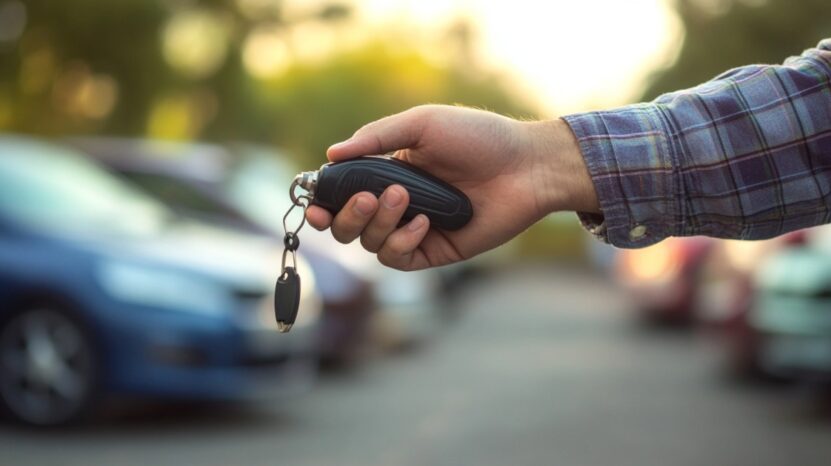
Vehicle registration without a license is generally possible, but requirements vary by state. Proof of ownership and insurance are the primary documents needed for registration.
- Bill of sale or title transfer document
- Proof of insurance
- State-issued ID or passport
- Payment of registration fees
Licensed agent option:
- Registration can be handled by a licensed driver acting on behalf of the owner.
- Some states require a notarized power of attorney for the agent to complete the registration process.
Proof of residency:
- A utility bill, lease agreement, or bank statement may serve as proof of residency.
- Some states require two forms of proof for added verification.
Emissions and Safety Inspections:
- Certain states require emissions and safety inspections before registration.
- Licensed drivers typically handle this step by bringing the vehicle to an approved inspection site.
Temporary Registration:
- A temporary registration or tag may be issued if the buyer needs time to meet all state requirements.
- Temporary tags usually last for 30 to 60 days, depending on state regulations.
Challenges with registration often stem from state-specific rules, but having the correct documentation and a licensed agent or driver involved can simplify the process.
The Bottom Line
Buying a car without a license is possible in most states, but it comes with certain challenges. It would be unreasonable to think that the whole process doesn’t come without challenges, right?
Careful planning helps avoid complications related to test driving, transportation, financing, insurance, and registration.
Seeking advice from a dealership or insurance agent can simplify the process and ensure compliance with local laws.
Related Posts:



